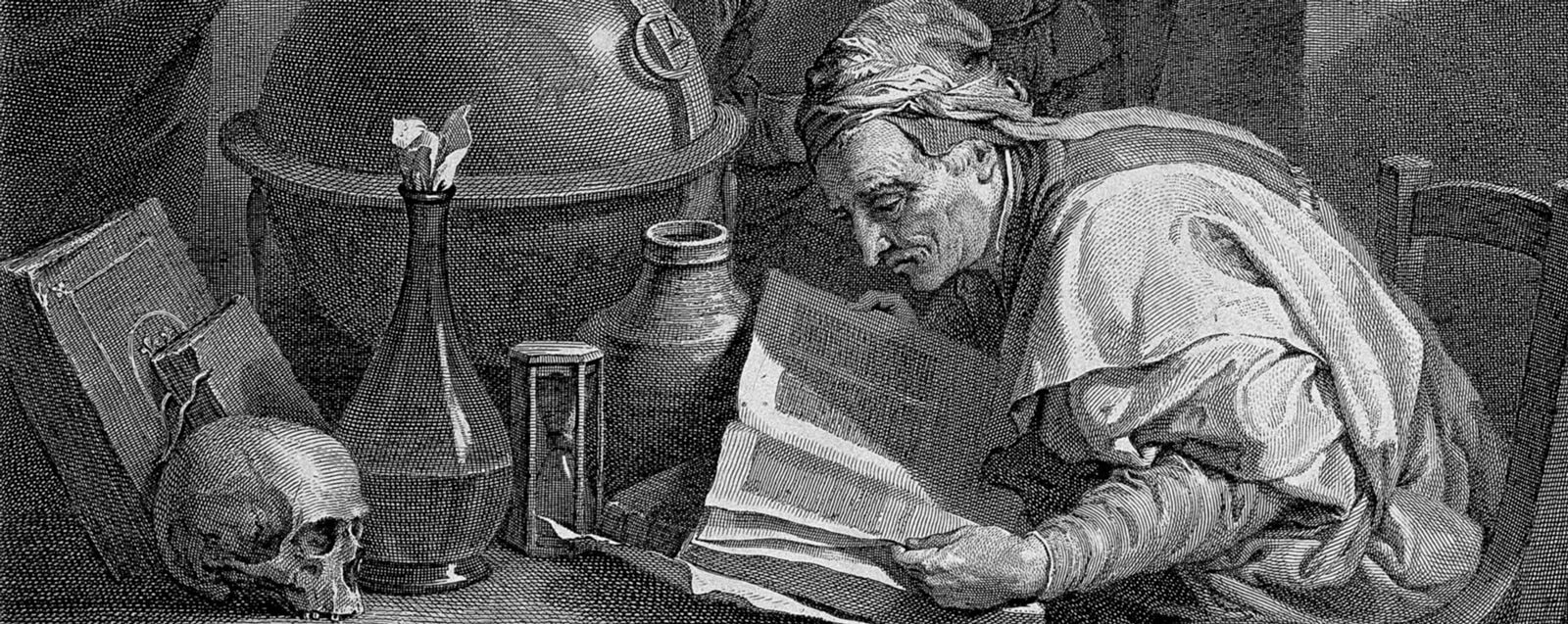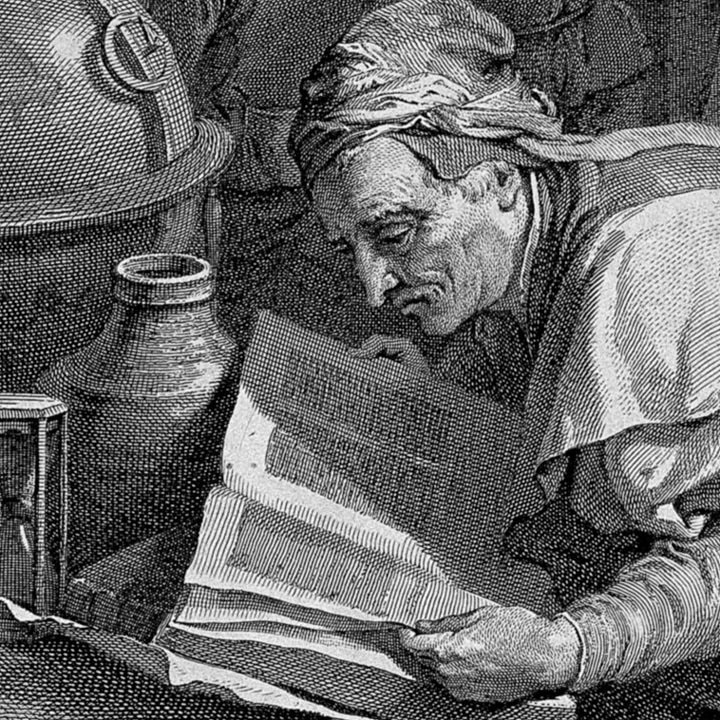The lecture will explain how humans acquire knowledge and how it changes them.
The history of humankind has seen a number of paradigmatic changes—when people fundamentally reconsidered the understanding of knowledge and the notion of its verification. The Ancient Greeks recognized the difference between myth and logos. Rationalists and empiricists argued about the source of knowledge: whether it is intellectual intuition or sensual experience. The twentieth century offered two novel, radically different, and contradictory criteria for proving the truth of scientific statements—verification and falsification. Meanwhile, our time, marked by the existence of objective and indisputable scientific knowledge, has given birth to the illogical and bizarre conception of post-truth.
“The question of the sources of our knowledge, like so many authoritarian questions, is a genetic one. It asks for the origin of our knowledge, in the belief that knowledge may legitimize itself by its pedigree. The nobility of the racially pure knowledge, the untainted knowledge, the knowledge which derives from the highest authority, if possible from God: these are the (often unconscious) metaphysical ideas behind the question. My modified question, 'How can we hope to detect error?' may be said to derive from the view that such pure, untainted and certain sources do not exist, and that questions of origin or of purity should not be confounded with questions of validity, or of truth.”
Karl Popper. Conjectures and Refutations: The Growth of Scientific Knowledge, 1963

